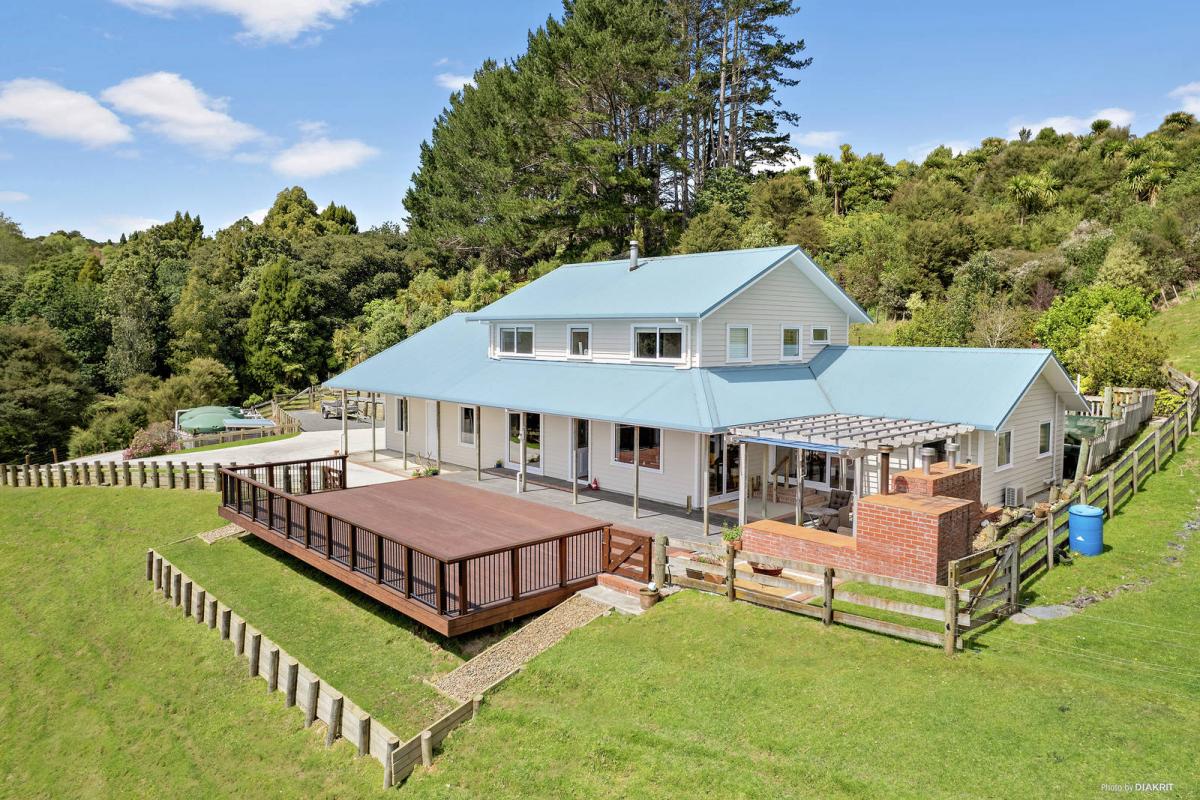Free breast health advice for south Auckland women
Women in south Auckland are invited to get free advice about breast health next week.
Specialist nurses will be available to chat on board the Breast Cancer Foundation NZ's iconic pink caravan Pinkie.
Pinkie will be at the following sites from 9 am to 2.30 pm each day:
Countdown, Pukekohe South on March 22, Pak'nSave, Pukekohe on March 23 and New World Papakura on March 24.
Emilie Petitdemange, Breast Cancer Foundation NZ’s Pink Caravan Coordinator said Pinkie goes on an annual education tour around New Zealand and the foundation was thrilled to be visiting south Auckland this month.
"It's a great chance to talk about mammograms, get advice about checking your breasts, and learn how you can reduce your breast cancer risk. "
One of Pinkie’s star attractions is Bessie, a life-like torso which shows the visible signs of breast cancer.
"Many women are often surprised to learn what a lump actually feels like, so we urge everyone to come along and find out for themselves," Petitdemange said.
Last year Pinkie was adapted to be Covid-safe, meeting social distancing and hygiene requirements, with face masks and disposable gloves available to visitors.
About 335 people are diagnosed with breast cancer in Counties Manukau DHB area every year, and about 50 will die from it, she said.
“Our breast nurses are trained professionals who can give expert advice about symptoms, treatments, support groups and post-surgery options.
"Anyone who can’t visit Pinkie in person is welcome to call our free nurse advice line on 0800 BC NURSE (0800 226 8773)."
Go to breastcancerfoundation.org.nz/pinkcaravan for more information.
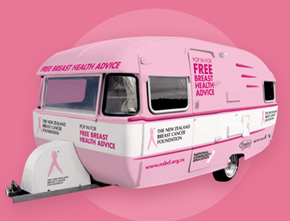
What workplace change would you like to see most?
This coming Monday is Labour Day in New Zealand. This public holiday marks when the eight-hour workday and 48-hour workweek became law in 1899. The idea started with Samuel Parnell, a carpenter in Wellington, who in 1840 refused to work more than eight hours a day. Since skilled workers were in short supply, his employer had to agree.
As more skilled workers arrived, employers tried to change working conditions, but Parnell and others kept pushing for better rights. In 1890, Parnell led a Labour Day parade of 1,500 people to promote the eight-hour day. He passed away shortly after, and nine years later, Labour Day became an official public holiday.
Do you feel that we have reached the ideal in working environments yet? What rights are you passionate about relating to employment? Share your thoughts!
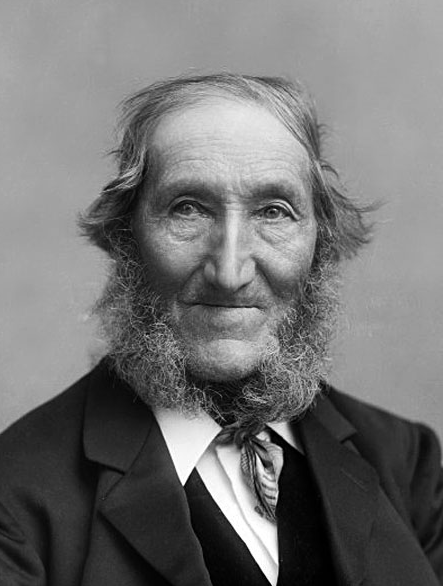
Poll: Does grocery bagging affect where you shop?
There's only a few differences between our larger chain supermarkets here in New Zealand. Having someone bag your groceries is one of them.
Does having your groceries packed for you at the checkout influence where you do your grocery shop? If so, tell us why.

-
24.1% Yes
-
75.2% No
-
0.7% Other - I'll share below
Six tips for improving security around your home
1) Improve outdoor lighting
Ensure that streets, driveways, and front yards are well-lit. Motion-sensor lights around homes deter trespassers by reducing hiding spots and illuminating their movements.
2) Trim your trees
Overgrown shrubs and trees provide cover for intruders. Keeping them well-trimmed around windows and doors improves visibility and reduces potential hiding spots.
3) Secure Entry Points
Ensure doors, windows, and gates are always closed when you are away from the house. Upgrade to more secure locks, deadbolts, or even smart locks for added protection.
4) Add a security camera
Place security cameras in the main entry points to your home. Doorbell cameras are also relatively cheap and a great way to keep track of who is visiting your home when you aren't there.
5) Start a Neighborhood Watch Program
You could reach out to members on Neighbourly to form a group of neighbors who can regularly keep an eye out for suspicious activity and report it. You could also check with Neighbourhood Support to see what is existing in your area.
6) Introduce yourself to your neighbours
The closer you are to your neighbors, the more likely they’ll notice when something unusual or suspicious is happening around your property
Feel free to share anything that you do around your area to deter crime.

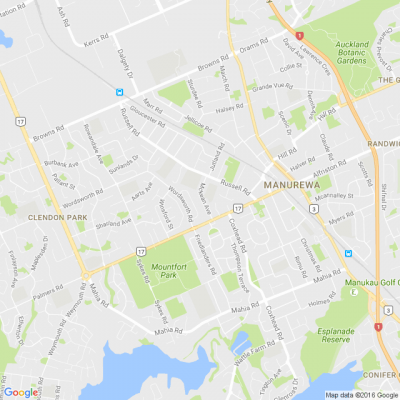
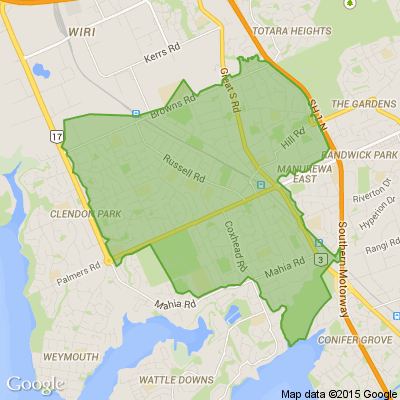





 Loading…
Loading…